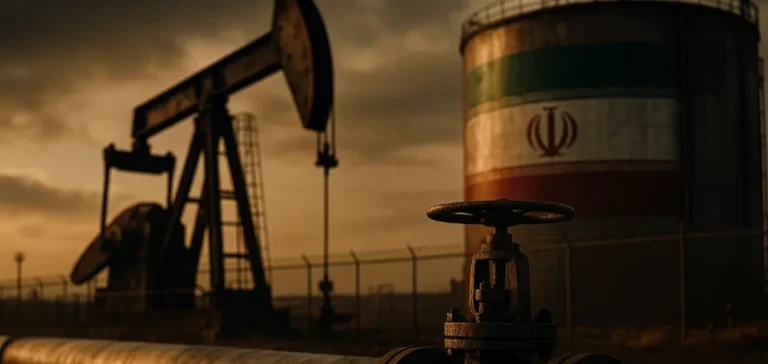France, Germany and the United Kingdom announced on August 28 their intention to notify the United Nations Security Council of Iran’s non-compliance with the Joint Comprehensive Plan of Action (JCPoA), thus activating the “snapback” sanctions mechanism. This procedure opens a 30-day window before certain UN sanctions could be reimposed, potentially restricting the Islamic Republic’s crude export capacity.
Increased pressure on Iranian exports
Iranian authorities warned they would retaliate if oil sales were targeted. Foreign Minister Abbas Araghchi told his European counterparts that Tehran would respond “appropriately” to what he described as an “illegal and unjustified” move. A senior official, quoted by the student news agency ISNA, stated that Iran is considering withdrawing from the Nuclear Non-Proliferation Treaty (NPT).
In an earlier warning, a prominent lawmaker from the Iranian Parliament’s National Security Council said that if Iran cannot export its oil, “others should not either,” hinting at potential retaliatory actions against regional shipments. These declarations come amid growing tensions, as Iran’s oil trade remains largely dependent on Asian customers, particularly in China.
Production holding firm despite sanctions
Despite new US sanctions targeting several companies involved in Iranian maritime oil transport—including a Greek shipbroker and operators in China—Iran has maintained crude exports at levels close to pre-sanctions volumes. Data from S&P Global Commodities at Sea show that exports rose from 400,000 barrels per day in 2020 to 1.7 million barrels per day in the second quarter of 2025.
Domestic output remains stable. The OPEC+ survey conducted by S&P Global Commodity Insights reported a July production level of 3.24 million barrels per day, up from 3.15 million in the same period in 2024. According to National Iranian Oil Co. Managing Director Hamid Bovard, production in August reached its highest level in seven and a half years, with key contributions from South Oil Fields Co., West Karun and Arvandan Oil and Gas Co.
A constrained diplomatic timetable
In July 2025, the three European countries offered to extend UN Security Council resolution 2231, under the condition that Iran resumed negotiations, allowed greater access to International Atomic Energy Agency (IAEA) inspectors at sensitive sites, and reduced its enriched uranium stockpile. European governments stated that none of these requirements were fulfilled.
Washington, which unilaterally withdrew from the JCPoA in 2018, welcomed the European initiative. US Secretary of State Marco Rubio stated that the United States would work in coordination with Security Council members to complete the snapback process, while reaffirming its willingness for direct diplomatic engagement with Tehran.






















